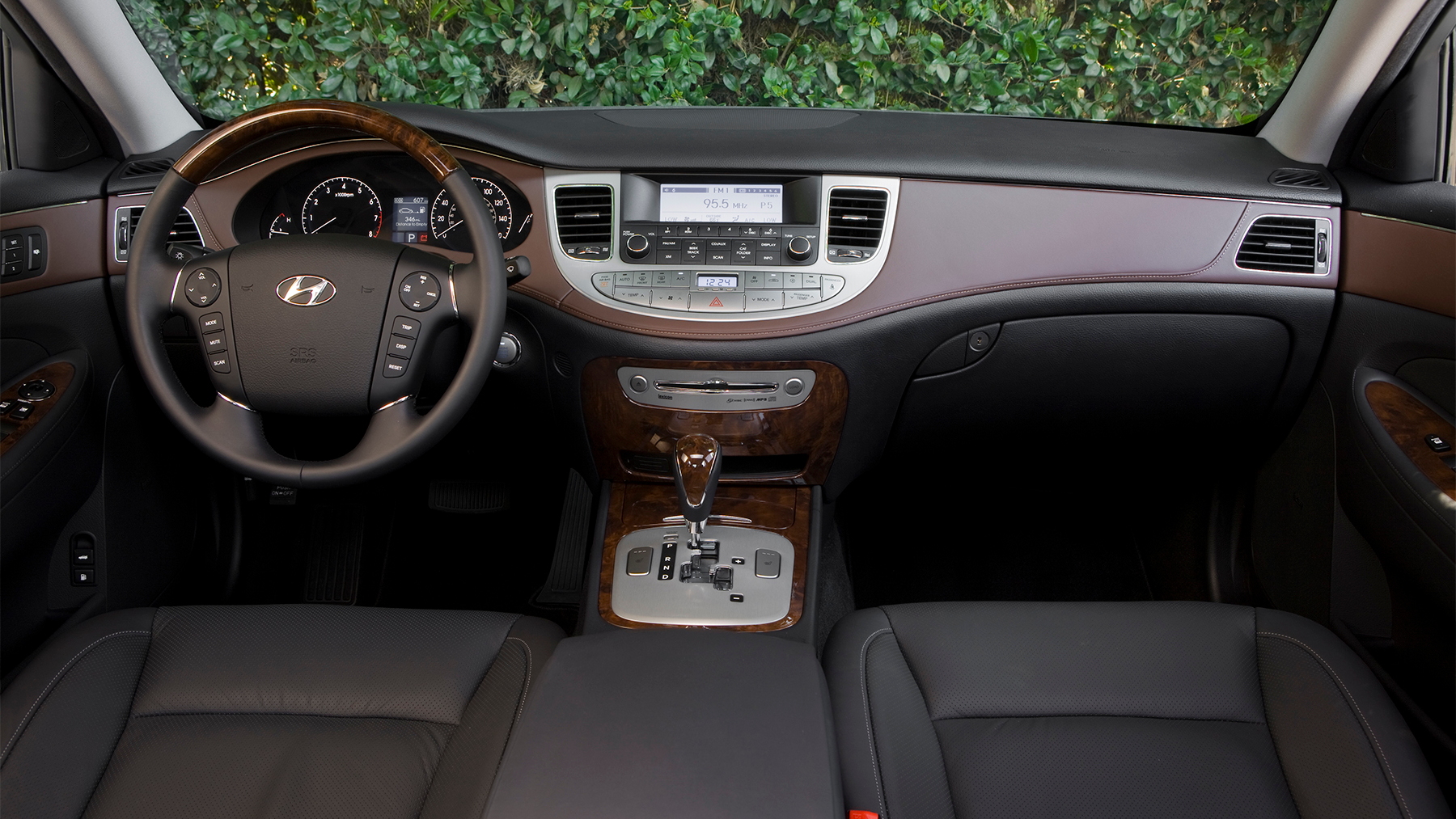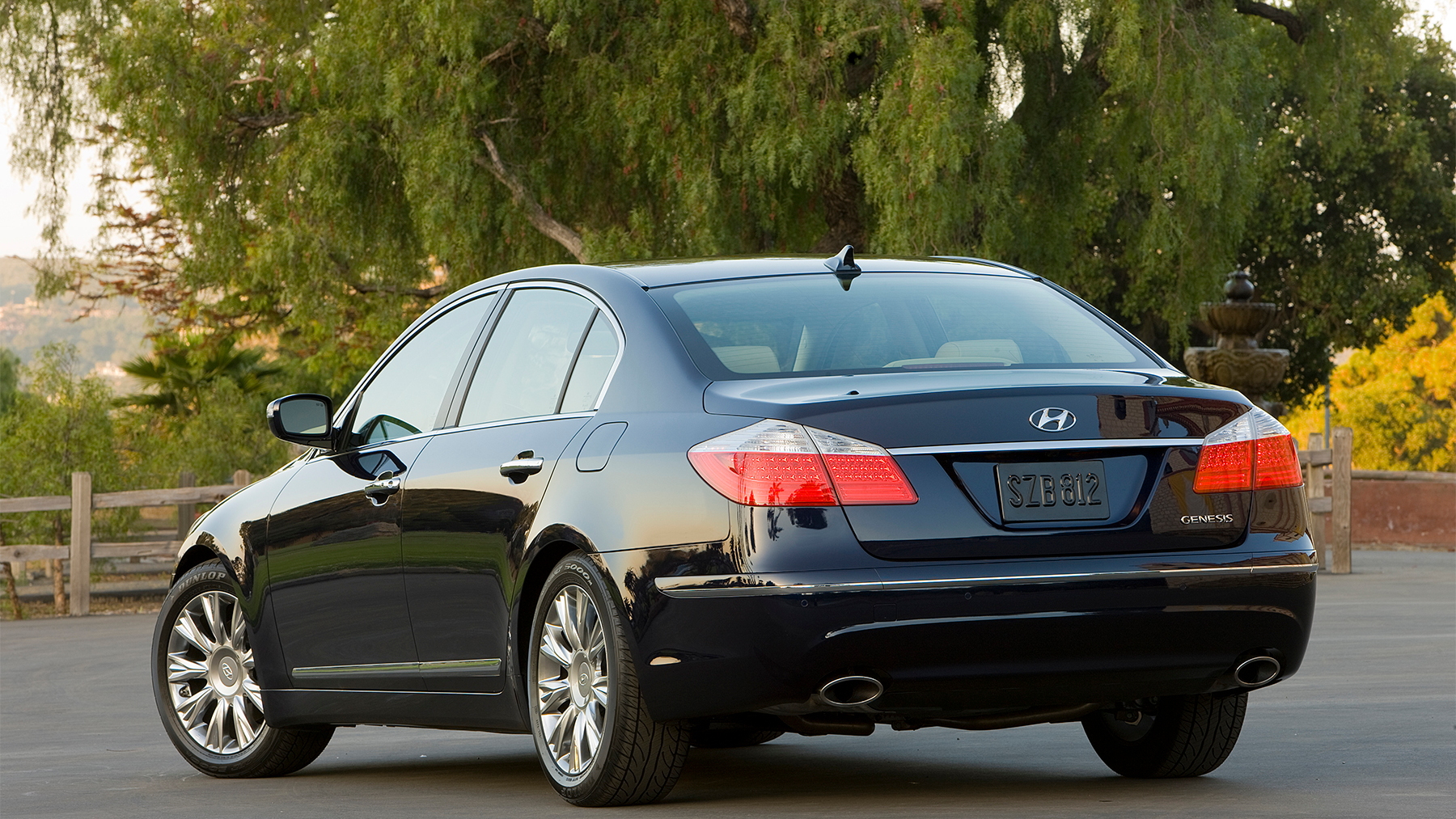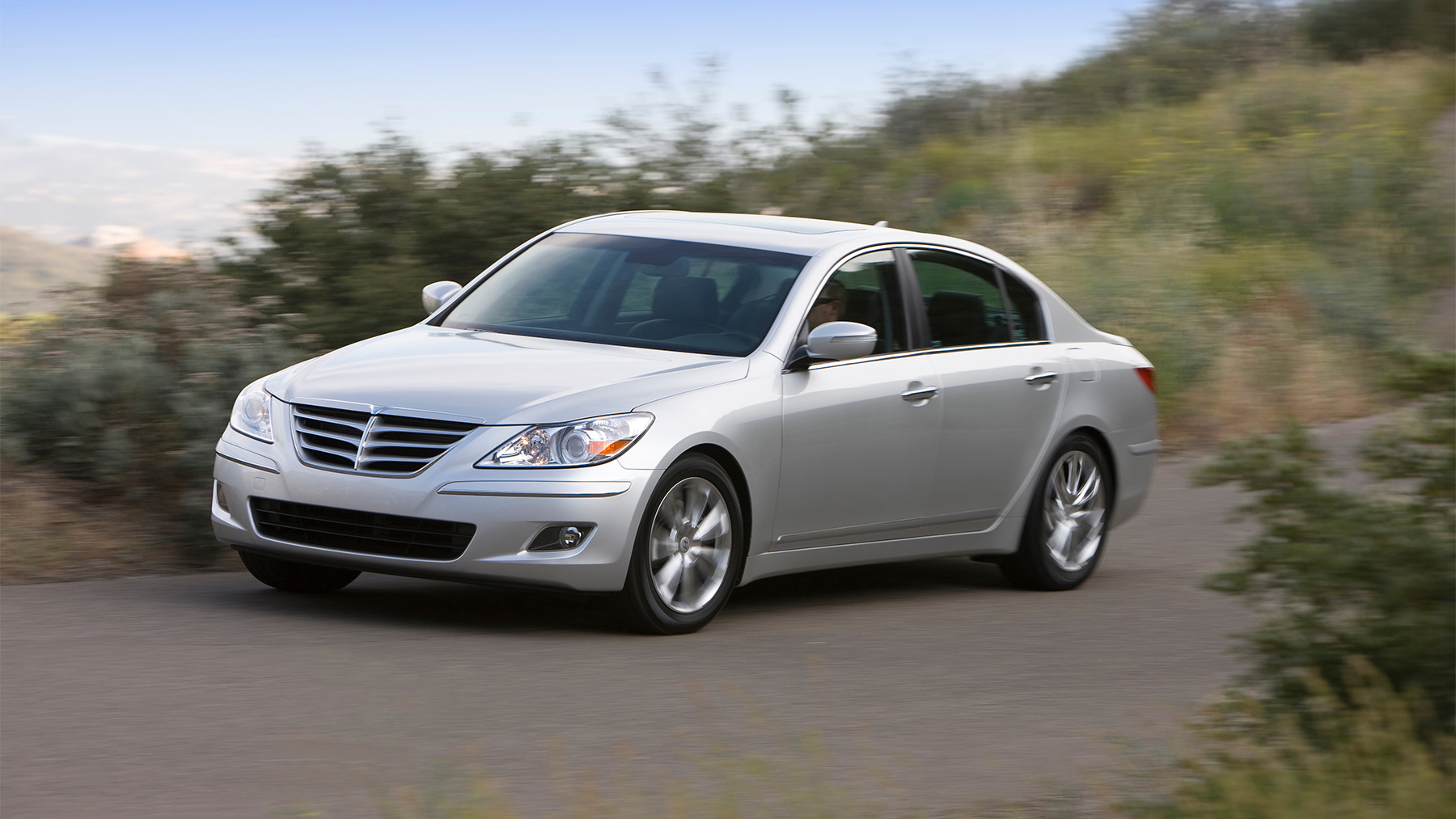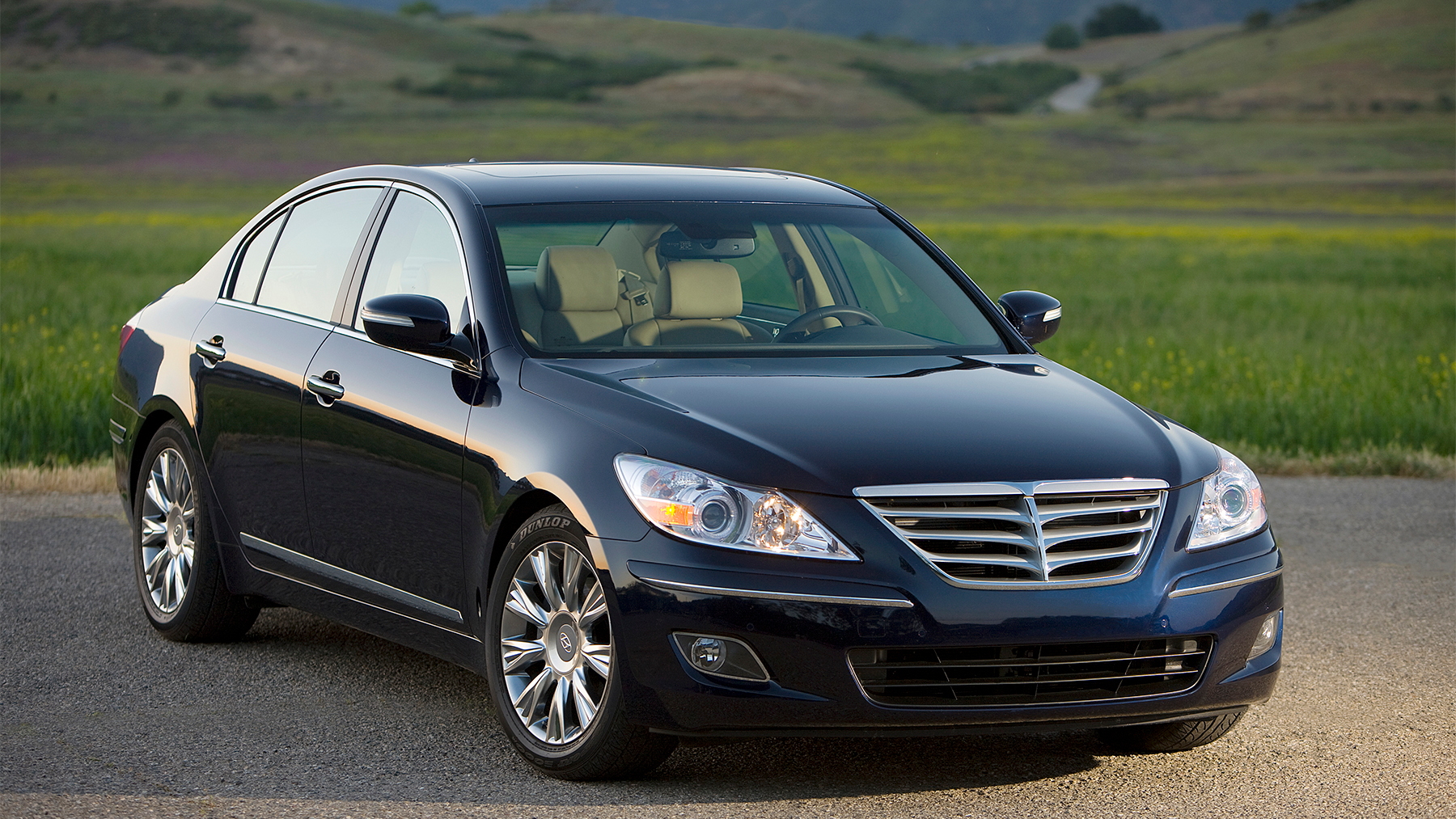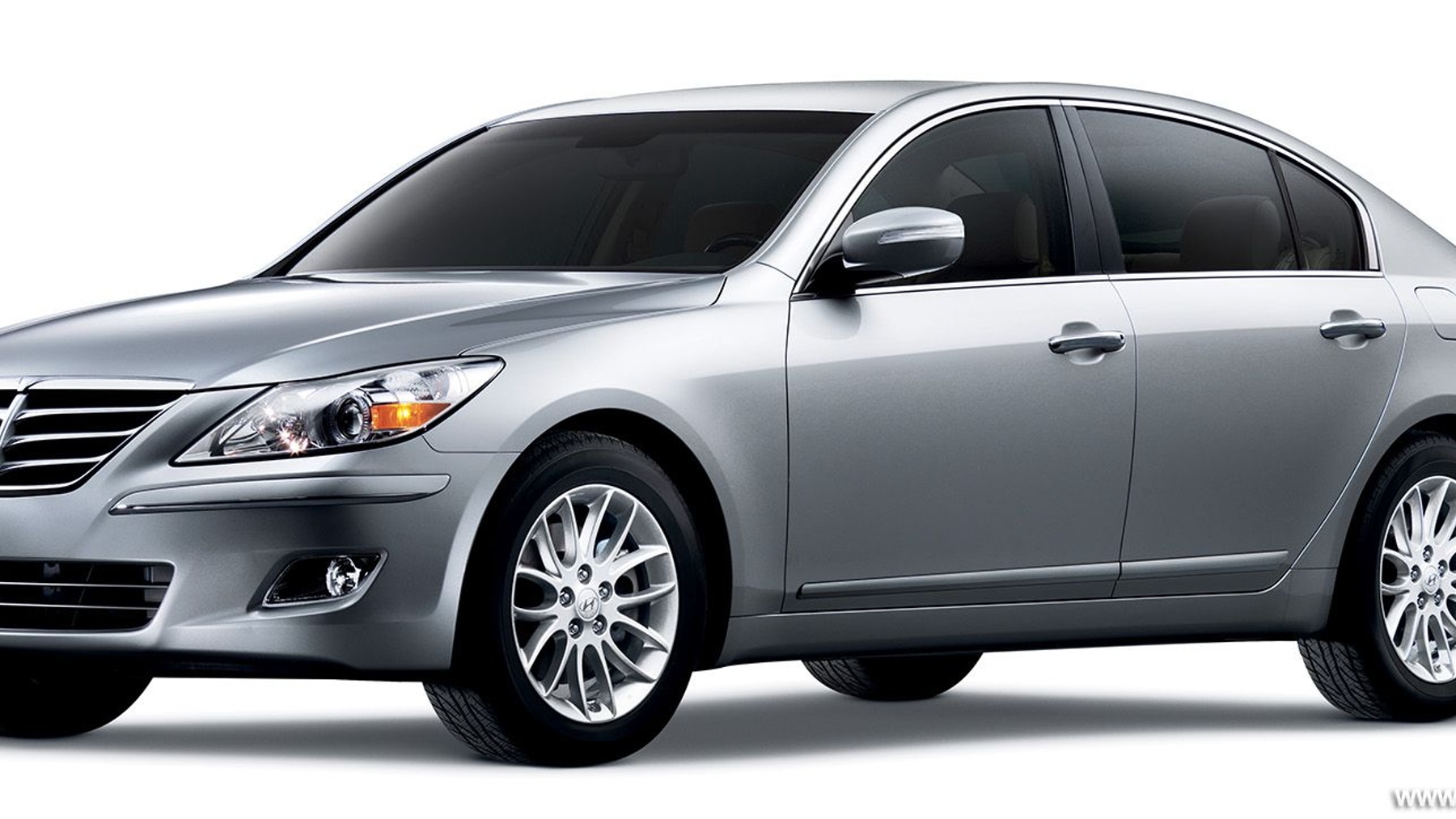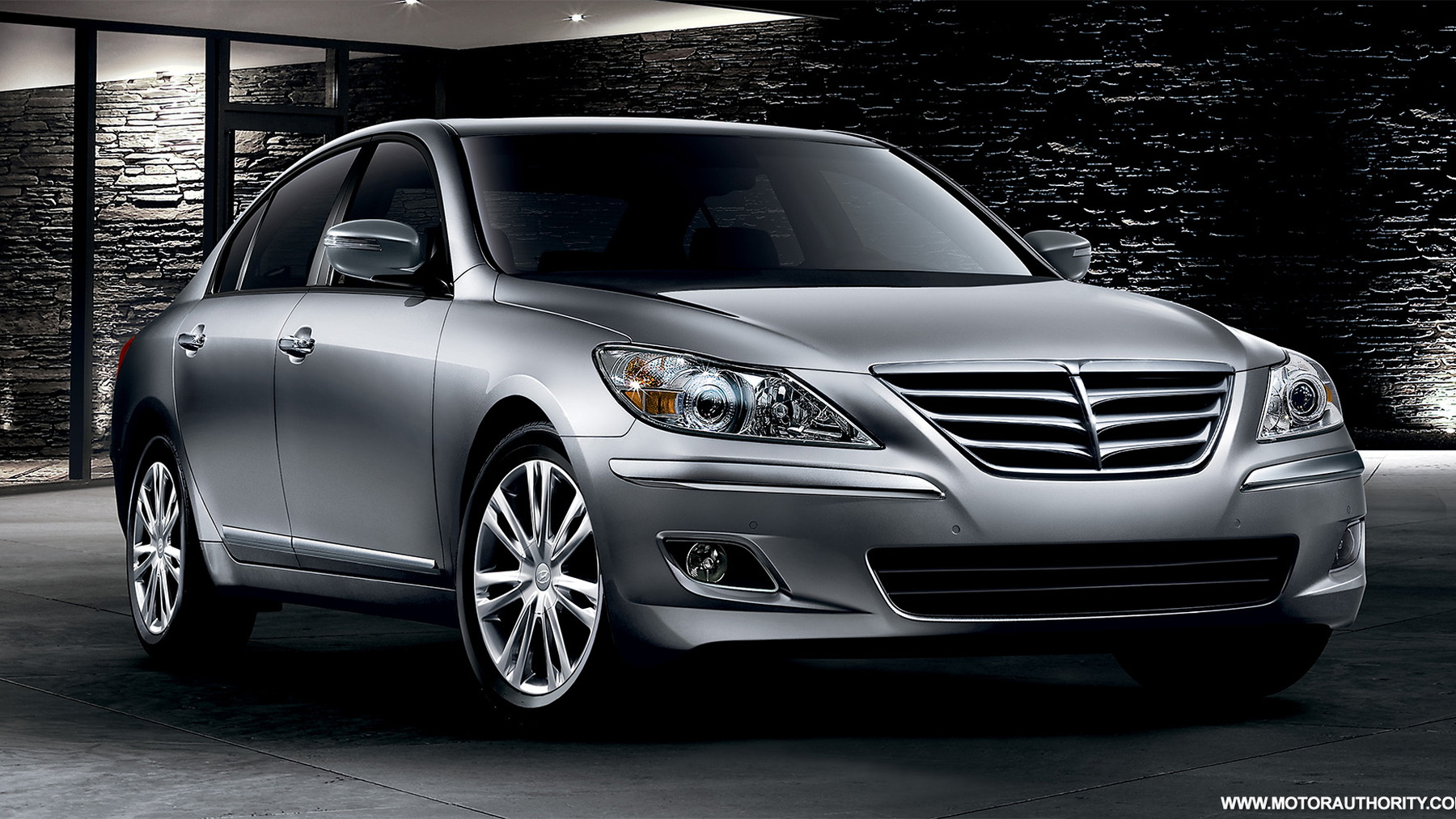Myung-Bak's two-day visit to meet with George Bush has economists speculating a free trade agreement will be at the top of the list of discussion topics. While presidential hopefuls Hillary Clinton and Barack Obama have both cited their opposition against such an agreement with South Korea (presumably in order to coax as many votes as possible out of labor unions), the idea certainly has its merits in improving both countries' economies in the long term.
One major issue is that cars imported from South Korea are already cheaper than equivalent U.S. built models in many cases and a free trade agreement will only spread the price differential. American-based Ford and Chrysler are also against the agreement but GM has yet to make a comment - the General, after all, does own South Korean brand Daewoo.
Much of the anti-free-trade sentiment stems from the ill-informed notion that such an agreement will 'take jobs away' from the U.S. domestic market, but the fact of the matter is times have changed from when South Korea was a low-income nation undercutting American labor wages.
In fact, according to the Detroit Free Press, Hyundai worker's in South Korea are paid a similar wage to workers in Alabama, and often times earn even more than their American counterparts due to overtime. If given the green light we could see South Korean carmakers looking to expand operations in the U.S. and actually providing jobs for the domestic market - just as Kia is doing with the opening of its Georgia plant.
